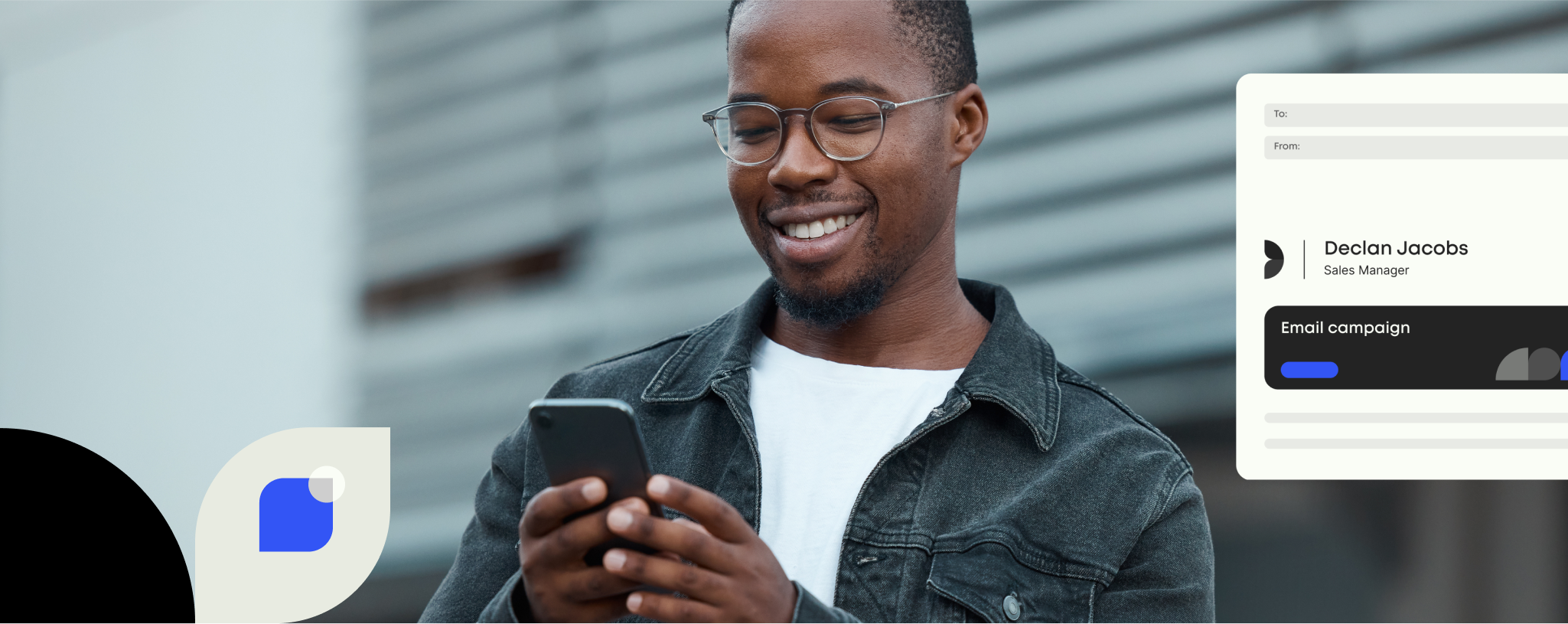What do the Big Four accounting firms have in common? Brand integrity.

The accounting sector is booming. In 2016, the UK consultancy market alone grew four times faster than the economy, up 7.5% from the previous year and with a staggering market value of £7 billion.
Much of this success has been claimed by the big four; Deloitte, PwC, EY and KPMG. Despite a tumultuous post-Brexit period the world’s best commercial advisory firms have emerged triumphant – largely due to the strength of their brands in attracting new talent and new clients.
The prestige of the big four and their commitment to brand culture has left other sectors struggling to appear as attractive to employees. Similarly the promotion of brand reputation and values has had a huge impact as consultancy firms diversify and expand their offering into new and unknown creative and digital industries.
We take a look at how staying true to brand values and keeping brand culture consistent at every touchpoint has benefited the big 4 accounting firms and played a key role in their domination of global markets.
Branding as the ‘Employer of Choice’
In recent years global consultancies have been building and communicating the integrity of their employer brand in order to win over the best talent from other sectors such as investment banking and law.
Industry commentators such as The Economist in their article ‘Banks? No thanks!’ have drawn attention to the growing backlash from a millennial workforce against the banking sector and its corporate brand culture, minimal work life balance, the lack of employee diversity and poor social responsibility programs. In contrast, the big 4 advisory firms – all ranking in the Fortune Top 100 Companies To Work For 2017, have onboarded new talent with a more balanced, reputable brand culture and ethical brand values.
Take PwC– currently ranked as Vault.com’s no. 1 accountancy firm to work for, the consultancy giant employs more than 223,000 people worldwide, boasting a 2016 hire headcount of 58,081. When asked what attracted them to PwC, new employees cited “impeccable reputation” alongside excellent student debt repayment schemes and “flexible hours and the ability to work from home.”
Across the board, brand culture is an instrumental hiring tool within this accounting group. Deloitte reported “significant investment” in becoming an “employer of choice”, KPMG heavily promoted their corporate responsibility programs and Lynne Kraus, head of markets at EY Oceania confirmed: that “brand is extremely important in terms of attracting people” to ensure EY becomes “a natural place to further careers.”
By investing in culture, the big 4 accounting firms use their brand as a key asset to attract and retain the very best talent from an ever-expanding list of sought-after graduate employers.
Match-making mergers
Despite a heritage in accounting and finance, a flurry of strategic mergers and acquisitions has meant the footprint of the big four is getting bigger. Design studios, customer data businesses and digital agencies are lining up under the big four’s consultancy arms to create a one-stop shop offering.
In 2016, Deloitte’s acquisition of agencies Heat, Digital One, Dameon Quest, Dobin and Flow boosted Deloitte Digital’s global revenue by 32% to $3.1 billion. Similarly, PwC’s new partnerships ranged from design agency Pond to cyber security consultant Everett; EY purchased Intuitive, NorthPoint and Open Windows IDENTITY in June 2017; and PwC acquired Acuity Research and Insights, Match.biz and ToMont Solutions.
This trend is creating big opportunities for growth, but also presents a challenge in maintaining a clear and consistent brand identity as the big four enter unchartered territory.
Deloitte’s merger with advertising agency Heat provides an insight into the powerful sway of the big four in the agency acquisition trend. Heat founder Steve Stone highlighted in a recent interview: Others have approached us over the years, but nothing felt right to us… Deloitte understands the importance of our brand and culture and will help us protect it as we grow together.”
Winning where others failed, Deloitte realized the importance of maintaining the brand integrity of both brands for a successful merger. Like the other best commercial advisory firms, in protecting a growing brand culture by accommodating new businesses and individual brand cultures that complement rather than clash with its own, Deloitte has been able to grow its operations worldwide.
Changing with the times
In this period of rapid growth and acquisition, as well as preserving brand culture, the big 4 accounting firms need to keep their evolving brand identities relevant. Kelly Grover, Senior Global Brand Manager at Deloitte puts this eloquently:
“If a brand identity system does not accommodate for how practitioners do business, people aren’t going to use it.”
This ethos was a partial catalyst for Deloitte’s 2016 brand refresh – the first since 2003, a time that predated smart devices and the increasingly digital nature of its business. Two years in the making, the refresh aimed to unite Deloitte’s current and future global divisions and partnerships, so that every touch client point would convey the Deloitte experience.
How Templafy can help with your company’s brand integrity:
- Easy access to on-brand content: Templafy brings all brand elements, digital assets and best practice content to where employees work – on documents and emails. Instead of editing static, outdated documents or creating rogue designs such as email signatures or logos, they have all they need in a centralized location.
- Branding consistency: Templafy is an end-to-end solution to align all internal and external brand communications. From presentations to emails, the dynamic service ensures that your business looks, acts and behaves in line with the brand culture you’re creating at every touchpoint. If a brand manager has any changes – big or small, they can be made at a click of a button and rolled out enterprise-wide instantly.
- Better work-life balance for employees: Templafy’s cloud software solution allows employees to work from anywhere. Dynamic templates and forms based on up-to-date and pre-filled details, content, and features, save employees time and ensure increased productivity and improving consistency.
Want to learn more about how Templafy can help your company and brand management? We’d love to talk! Book a meeting with our team using the button below.


